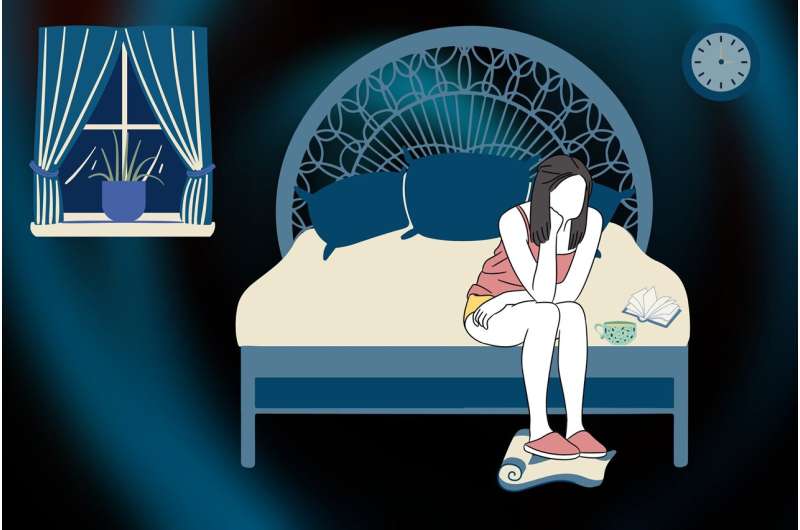Women with Cirrhosis and Ascites Experience Poorer Emotional Quality of Life

Studies reveal women with cirrhosis and ascites face greater emotional health challenges than men, highlighting the need for gender-specific patient care strategies.
Recent research published in the August issue of the American Journal of Gastroenterology highlights significant gender differences in the health-related quality of life (HRQoL) among patients with cirrhosis and ascites. The study found that women suffering from these conditions report worse emotional well-being compared to men, although their daily functioning remains comparable.
The study involved 576 outpatients, including 392 men and 184 women, all with recurrent or refractory ascites requiring repeated large-volume paracenteses. Despite similar severity of liver disease, complications, and frailty scores, women experienced a higher burden of symptoms related to ascites, as indicated by the Ascites Questionnaire, with scores averaging 66 ± 21 compared to 60 ± 21 in men. Additionally, depression was notably more prevalent among women, with 35% reporting feelings of depression versus 22% of men. Interestingly, while their mental health was more affected, women maintained their daily activity levels just as effectively as men, as shown by assessments like the Duke Status Activity Index and the Godin Leisure Activity Index.
This research underscores the importance of considering gender-specific experiences when managing cirrhosis and ascites. It suggests that tailored patient-centered approaches are necessary to address the emotional health needs of women with this condition. The authors emphasize that further investigation is needed to determine whether these reduced HRQoL measures are associated with increased mortality risk.
Overall, the findings advocate for comprehensive care that includes psychological support, especially for female patients suffering from cirrhotic ascites, to improve their emotional well-being and overall quality of life.
Source: https://medicalxpress.com/news/2025-08-worse-emotional-health-quality-life.html
Stay Updated with Mia's Feed
Get the latest health & wellness insights delivered straight to your inbox.
Related Articles
Impact of Socioeconomic Deprivation on Severity and Treatment Outcomes of PTSD
A recent study reveals that socioeconomic deprivation significantly increases PTSD severity and reduces treatment effectiveness among affected populations. Longer and more intensive therapies may improve outcomes in underserved communities.
New Study Links Perfectionism and Chronic Pain: The Role of Self-Compassion
A new study reveals how perfectionism and low self-compassion worsen chronic pain experiences, highlighting the potential of psychological interventions to improve pain management.
Understanding 'Cognitive Shuffling': A Science-Backed Technique for Better Sleep
Discover how cognitive shuffling—a technique involving unrelated words and images—may help improve sleep by distracting your mind and mimicking natural sleep transition patterns, supported by scientific research.
Record High in Gun Suicides in the United States in 2023
In 2023, gun suicides in the U.S. reached a historic high, making up over half of all gun-related deaths. Young people and older men are most affected, highlighting urgent need for targeted prevention efforts.



